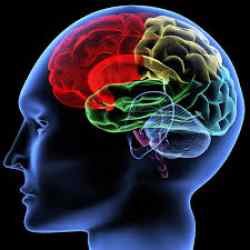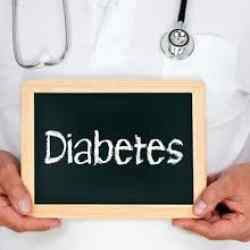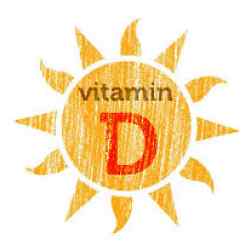Do Statins Produce Neurological Effects?
Statins can indeed produce neurological effects. These drugs are typically prescribed to lower cholesterol and thereby reduce the risk of heart attack and stroke. Between 2003 and 2012 roughly one in four Americans aged 40 and older were taking a cholesterol-lowering medication, according to the Centers for Disease Control and Prevention. But studies show that statins can influence our sleep and...
What to Do When the Narcissistic Bubble Bursts
Expecting special attention and feeling entitled to get whatever you want is a key feature of narcissism. There are times when, without realizing it, even the ordinary person can get swept up into this narcissistic frame of mind. You’ve been pampered all day at a spa while getting ready for your best friend’s wedding. Perhaps you’ve taken a trip where everything gets done for you, and you don’t...
Cycling can help prevent type 2 diabetes
Habitual cycling, whether as transportation to work or as a recreational activity, is associated with lower risk of developing type 2 diabetes (T2D), according to a study published this week in PLOS Medicine. This cohort study, conducted by Martin Rasmussen of the University of Southern Denmark, and colleagues, included 24,623 men and 27,890 women from Denmark, recruited between the ages of 50...
The 4 Types of Exercise You Need to Be Healthy
When you think of exercise, you may imagine strenuous activities such as running or biking — the ones that make you breathe hard, turn flush and drip with sweat. But aerobic activity is only one type of exercise, and although it is critical for boosting fitness, there are actually three other types of exercise that are also important: strength training, balance training and flexibility training....
Higher risk of cancer before and after diabetes diagnosis
People who have diabetes may have a higher chance of developing cancer either before or immediately after receiving a diagnosis of diabetes, according to a study published online in the American Cancer Society's journal, Cancer. The results indicate that there is a need for better understanding of the association between cancer and diabetes. Previous studies have suggested that people with type 2...
Cancer risk falls with higher levels of vitamin D
Researchers suggest improving people's blood level of vitamin D could be an important tool for preventing cancer, after their study found that the risk of developing the disease rises as vitamin D levels fall. In the journal PLOS One, researchers from the University of California-San Diego (UCSD) School of Medicine report how they analyzed the link between vitamin D and cancer to determine what...
Doing These 4 Things Will Make You Happier, According to Neuroscience
1. The most important question to ask when you feel down Sometimes it doesn’t feel like your brain wants you to be happy. You may feel guilty or shameful. Why? Believe it or not, guilt and shame activate the brain’s reward center. And you worry a lot too. Why? In the short term, worrying makes your brain feel a little better — at least you’re doing something about your problems. But guilt, shame...
Taking to yourself can bring "Self-improvement"
If you want to get better at doing something, simply telling yourself "I can do better next time" may help, according to a new study. Researchers found that people who practiced such so-called "self-talk" ─ for example, those who told themselves, "I can beat my best score," or "I can react quicker this time" ─ improved their performance in an online game more than those who did not. The new...









